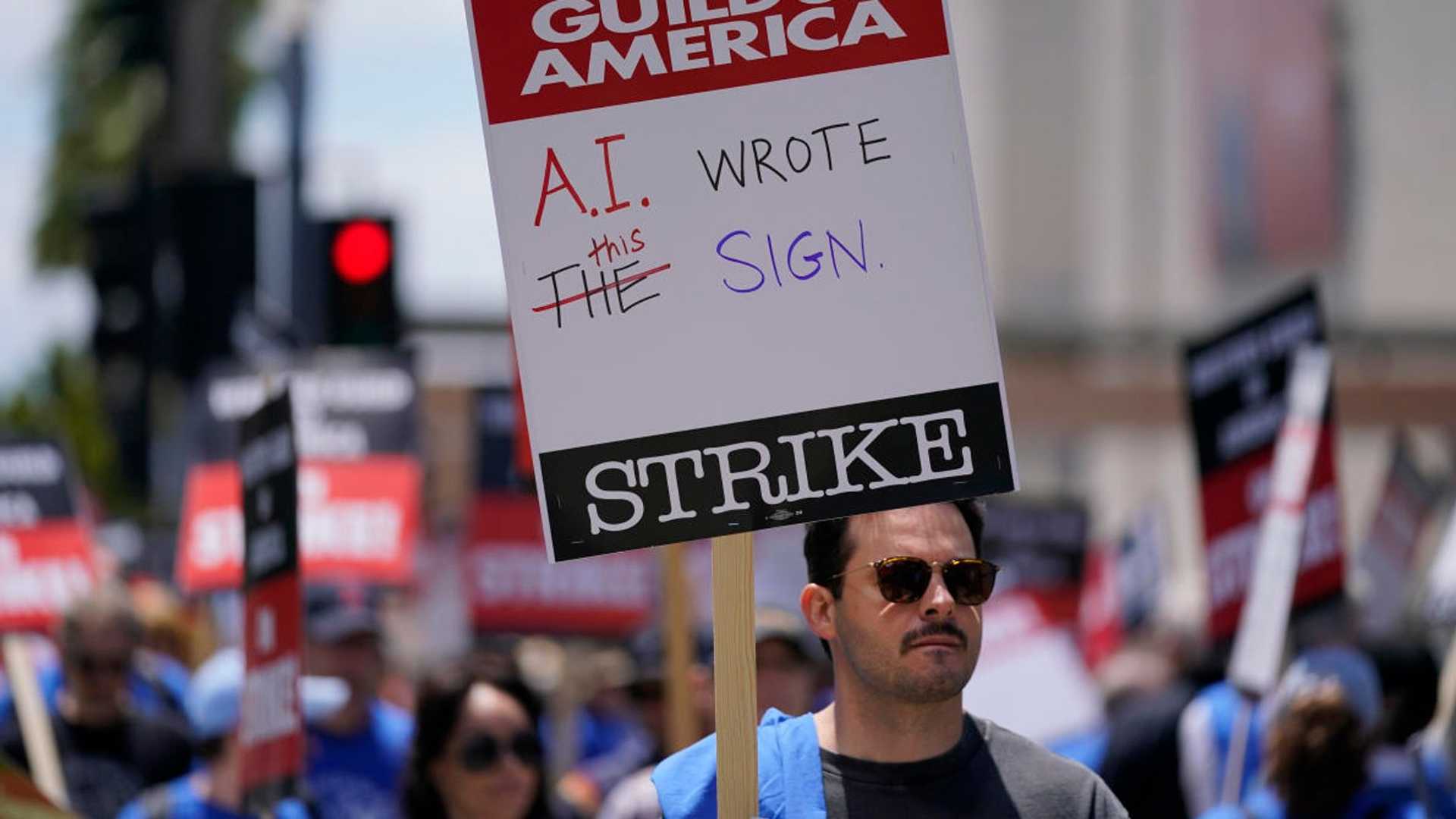Could AI pen 'Casablanca'? Screenwriters take aim at ChatGPT
The rise of AI has prompted concerns among screenwriters in Hollywood, with chatbots rewriting or writing scripts among their worries. Though streaming has upended the industry’s old rules, generative artificial intelligence is already posing widespread unease among screenwriters, with the Writers Guild of America (WGA) recently going on strike for better pay. While the WGA’s basic agreement defines a writer as a “person”, AI chatbots could potentially be used to create a rough first draft with a few simple prompts and writers would then be hired, at a lower pay rate, to improve the draft. Additionally, screenplays could also potentially be written in the style of known writers, using AI technology.
The WGA is demanding greater safeguards around the use of AI in screenwriting and more discussions with production studios to agree on the definitions around the evolving technology. Though experts say the struggle screenwriters are facing with regenerative AI is just the beginning, with the World Economic Forum predicting that almost a quarter of all jobs will be disrupted by AI over the next five years.
Of the concerns raised, the fact that AI-generated content is not copyrighted has been a key issue for the WGA. The guild is seeking to ensure human creators are respected and paid for their work and wants stiffer regulation around AI. In contrast, the Alliance of Motion Picture and Television Producers has offered to meet the guild annually to go over definitions around the fast-evolving technology.
Despite the concerns, AI technology is already filtering into most aspects of moviemaking, from de-aging actors to supplying viewing recommendations on Netflix. While the AMPTP sets to begin bargaining with the Screen Actors Guild this summer, screenwriters are grappling with AI technology and its impact on the industry, and while they recognise its potential use, they are demanding safeguards to ensure that their contributions to the craft are respected and remunerated.




















